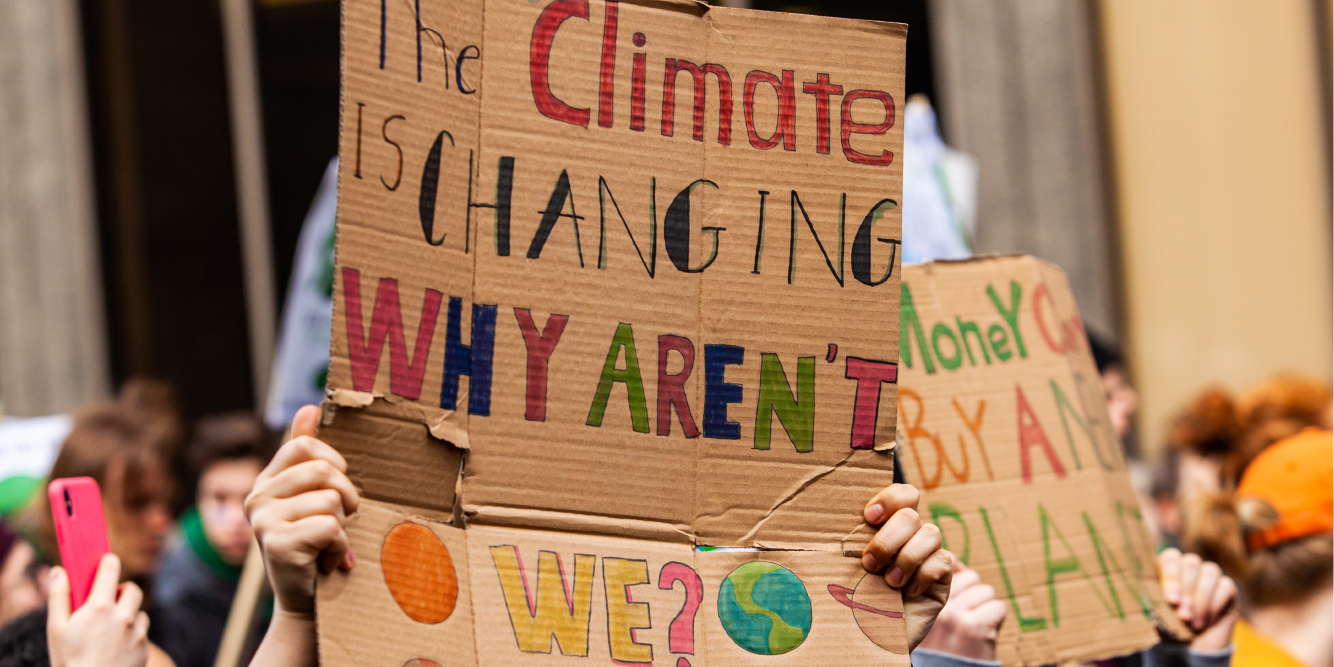Global Issues & Responsibility
The United States must immediately rescind its threat to withdraw from the Paris Agreement, and, if necessary, take the appropriate steps to rejoin that Agreement. It must also immediately make a new contribution to the Green Climate Fund (GCF) to replace the U.S. Obama-period disbursement that the Trump Administration rescinded; end public financing and subsidies of fossil energy and deforestation; and begin a long-term process designed to increase its future actions to align more closely with its fair share of the shared global effort to stabilize the climate system.
- The U.S.’s immediate new GCF contribution must be justifiable both ethically and terms of the scale of the necessary global mobilization. For example, as the global Green New Deal discussion has evolved, authoritative voices have proposed that the U.S. contribute $200 billion to the GCF, an amount that, when taken together with a 70% reduction in U.S. domestic emissions by 2030, would represent a good faith effort to meet the demands of both science and global equity.
- The U.S. must also immediately end all public financing and subsidy of fossil energy and deforestation, both within its borders and throughout the world. This termination must include but is not limited to oil, gas, and coal project financing, as well as loans and guarantees via multilateral development banks, export credit agencies, and other taxpayer-backed government agencies.
- At the same time as these immediate actions are taken, the American people must begin a profound new conversation about global climate justice and about the U.S.’s fair share in the shared global effort of stabilizing the climate system. Doing our fair share unavoidably involves radically scaling up both U.S. domestic actions and international cooperation. This new conversation must consider all relevant finance channels (e.g., Global Environmental Facility funds and bilateral initiatives, as well as contributions to the GCF), and must include both U.S. obligations within the Paris regime and the obligations of fossil energy companies, as per the internationally recognized “polluter pays” principle.
- The scope of international cooperation must also go beyond mitigation finance to include significant assistance in the form of technology transfer and other measures to ensure that environmentally sound and socially just technologies are affordable and easily accessible to poorer countries. And, critically, it must include adaptation and disaster recovery assistance as well as technological leapfrogging.
U.S. trade policies must be reviewed, rewritten, and implemented in a manner consistent with the goals of the Paris Agreement. Such policies must not allow companies to offset or export their emissions overseas; they must not encourage fossil fuel production; and they must not be weaponized—such as through investor-state dispute settlement mechanisms—to prevent other countries from implementing policies to combat climate change.
The U.S. must recognize its role in contributing to current and future climate-induced forced migration. As part of this responsibility, the U.S. must provide support, commensurate with a fair-shares analysis, for persons permanently displaced by climate change, allow for significant inflows of climate-displaced persons into our country, and ensure full protection of the rights of those who relocate here. The U.S. must also play a constructive role in ongoing and future processes to develop international agreements regarding the rights of climate-displaced persons.
U.S.-based fossil-fuel companies must cease domestic oil and gas exploration and development, and U.S.-based banks, insurance companies, and asset management companies must cease the financing of such activities. If not curtailed, U.S. oil and gas expansion will impede the world’s ability to manage a climate-safe, equitable decline of oil and gas production. This policy demands a correspondingly ambitious just transition program, which must be well planned and funded at scale.
It is in the national security interests of the U.S. to rapidly and fairly transition its own economy away from fossil fuels and to assist other countries in doing the same. To that end, it is also in the national security interests of the U.S. to rapidly wind down our extraction and exports of fossil fuels while ensuring a just transition for extraction-dependent workers and communities.
Consistent with these principles, it is against the national security interests of the U.S. to provide any form of assistance to corporations and foreign governments, if that assistance will be used to explore and develop fossil fuel resources, or to build infrastructure such as pipelines or export and import terminals that lock in fossil fuel extraction and use.
It follows that under no circumstances should the U.S. military intervene or provide technical or logistical assistance to secure fossil fuel infrastructure—whether owned by U.S. corporations or not—against social movements opposed to extraction, or foreign governments planning or implementing a fossil fuel phase-out. Such actions would be inconsistent with U.S. national security.















